But is the market set to become over saturated?
Walk into downtown Vancouver and throw a rock. Chances are you’ll hit a brewery.
In a region with over a century of beer-brewing history, from thirsty Civil War soldiers at Fort Vancouver to the bottling behemoth Lucky Lager, being flooded with beer is hardly new.
But the current state of the industry, with 22 microbreweries scattered around Clark County that just didn’t exist 10 or even three years ago, marks a new era in the identity and economy of Southwest Washington.
Enlarge
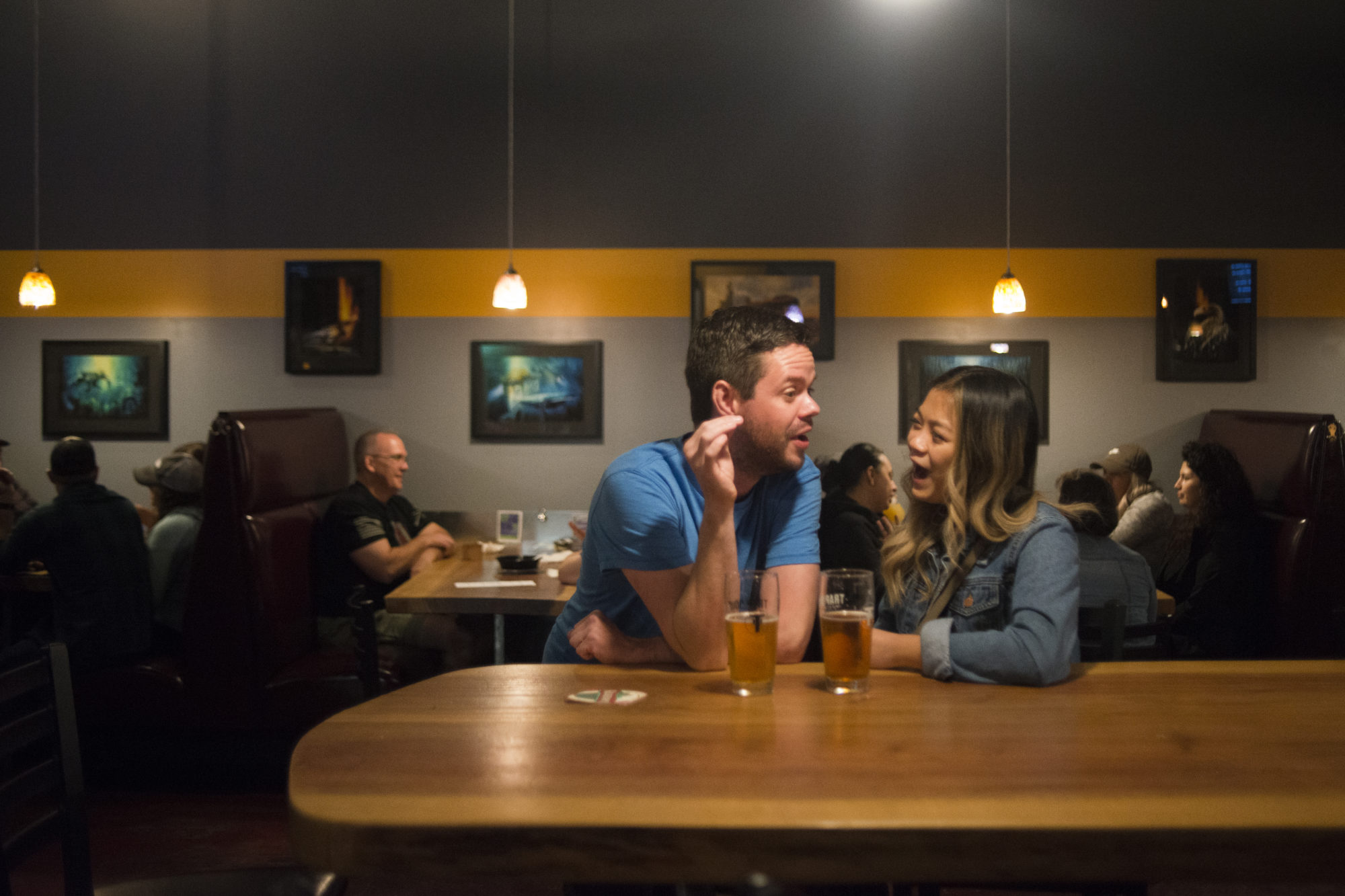
Samuel Wilson for the Columbian
Beer, if you’ll excuse the pun, is hopping. And the more local, the better.
“For those of us who grew up in this town, Lucky really was a landmark that kind of defined our community,” said Steve Becker, executive director of the Vancouver Downtown Association.
“And it’s been replaced by a network of very innovative, small, nimble, delicious brewery operations that aren’t necessarily exporting their product all over the Western United States. They’re serving it here, in Vancouver. They’re meeting the needs and interests of people in our community.”
At a recent meeting of the VDA, members and local brewers came together to discuss the state of the beer industry in Clark County. It’s exploded over the last few years, with breweries cropping up in answer to the global beer hotbed just across the Columbia River.
“It’s the place to be. We saw that a few years ago and now we’re seeing that come to fruition, where we’re coming into our own as a city and we’re seeing our own identity emerge,” said Bryan Shull, co-founder of Trap Door Brewing in the Uptown neighborhood.
The scene
In the ’80s, ’90s and even the early 2000s, if you wanted a good beer, common wisdom was that you drove to Portland.
And why not? It’s an established beer-centric city that today is home to more than 70 breweries.
Dave Nuñez, now the co-owner of Old Ivy Brewery & Taproom, recalls regular drives across the bridge with his wife Arlene to suss out and experiment with new craft brews.
“We’d go to different breweries and different places to buy beer, and we’d come back to drink it and to talk about it,” he said.
Enlarge
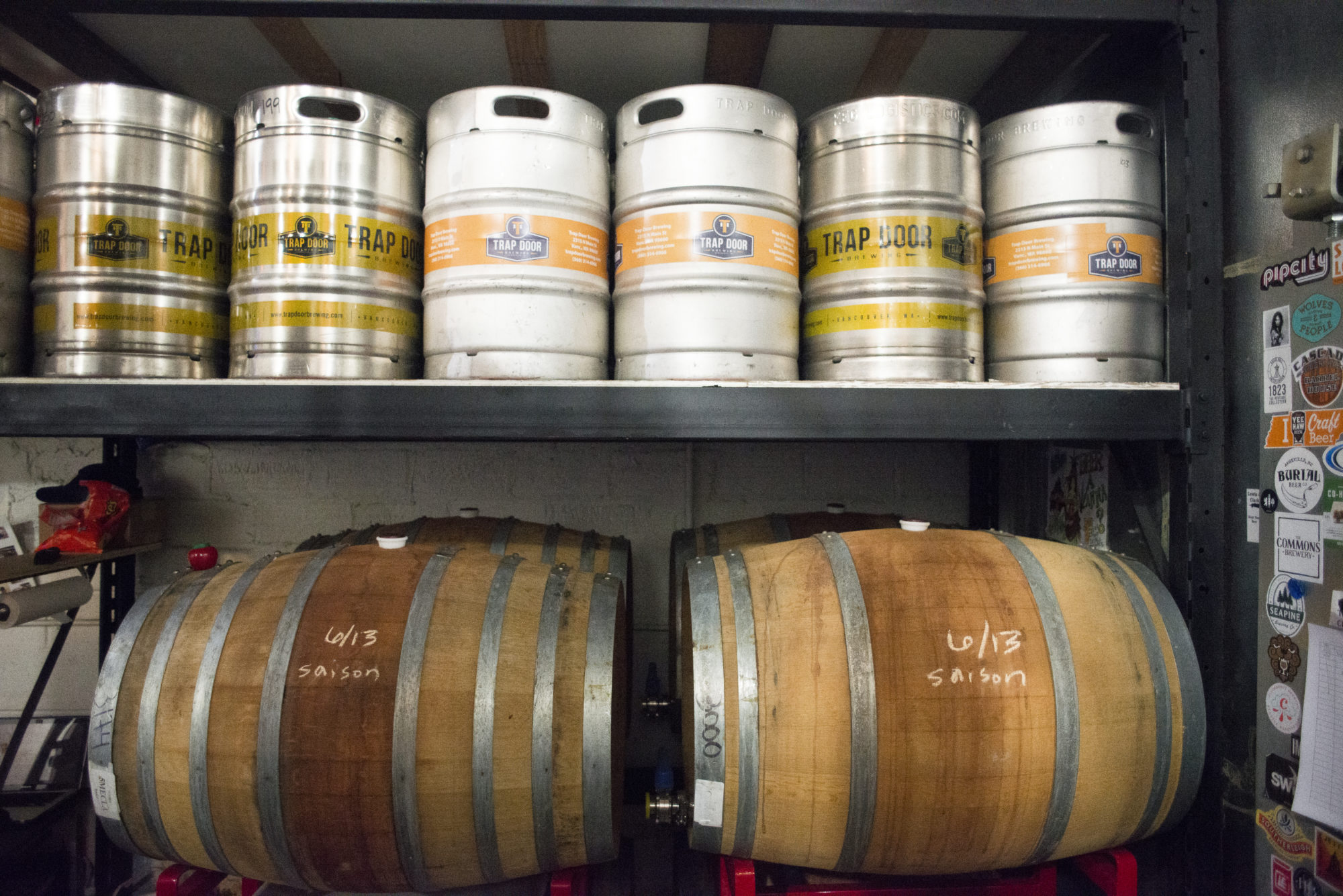
Samuel Wilson for the Columbian
In 2002, they opened By the Bottle, a craft beer store right next to what was at the time called Salmon Creek Brewery — one of the only microbreweries in Vancouver.
They drew customers from all over Clark County, especially smaller communities such as Ridgefield, Washougal and Battle Ground that at the time didn’t have much access to more niche brews.
“We love beer, we love educating people about beer. We thought that it was necessary for us to really be ambassadors here in this county and have people come and sample,” Nuñez said. “And everybody came in happy. They wanted to buy beer!”
Fast forward, he said, and “the beer industry exploded.”
In 2012, Dave and Arlene bought Salmon Creek Brewery and turned it into Old Ivy Taproom. That was around the time that other microbreweries started popping up like daisies: Doomsday Brewing, Loowit, Ghost Runners, Heathen and more all opened their doors that year.
At last count, the county is at 22 breweries — not counting various taprooms that serve local beer — plus two malting companies.
Is it too much?
“Not yet,” Shull said. “But it will plateau unless the population keeps growing.”
Jeff Alworth, a Portland-based blogger who’s been writing about brewing and drinking for nearly 20 years, said Vancouver is now on the radar of Pacific Northwest beer enthusiasts. For those who view Portland as the final word on American hops and malt, it’s a very new development.
“I know the scene has really picked up. I have the good sense to be embarrassed that I haven’t been there,” Alworth laughed.
Enlarge
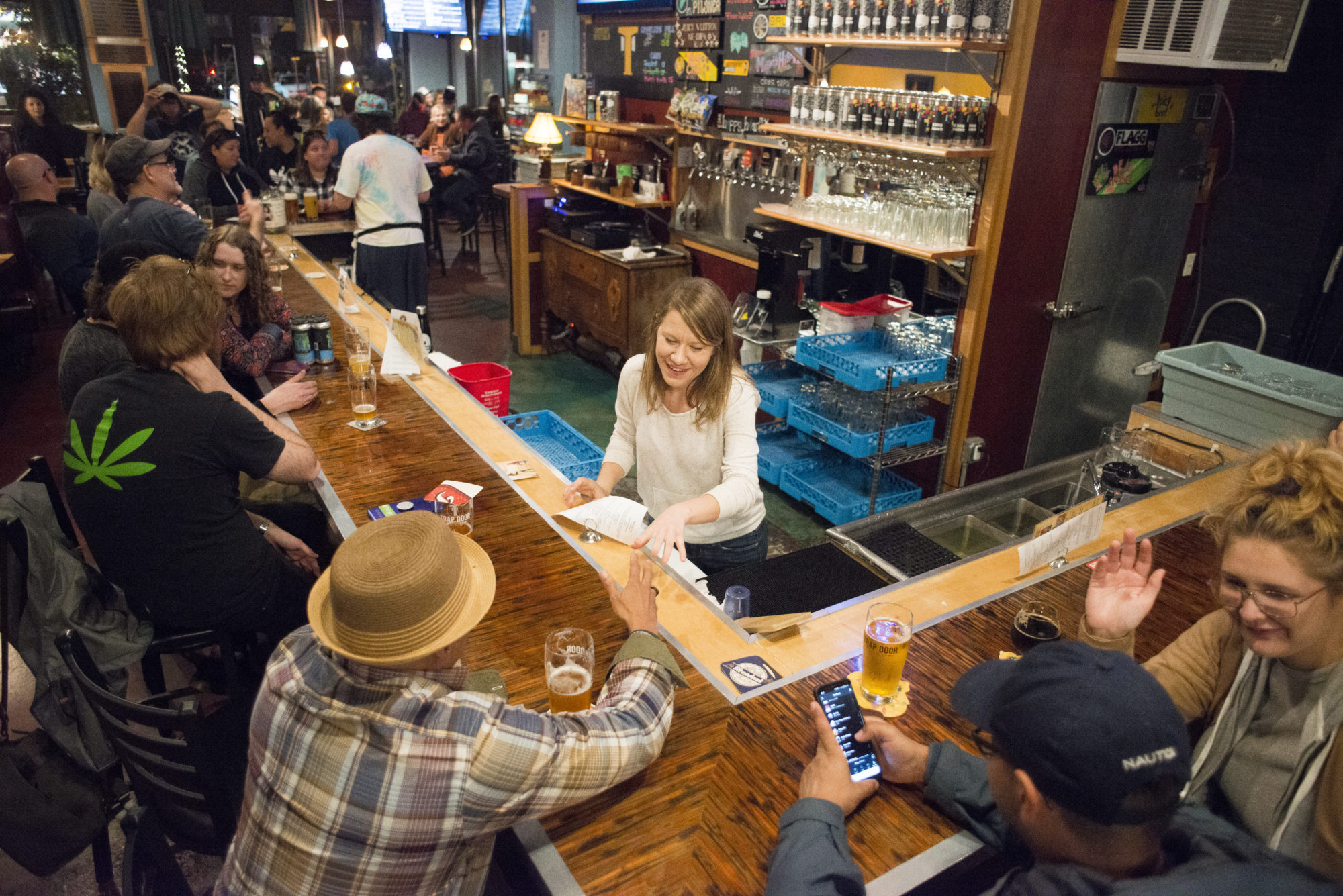
Samuel Wilson for The Columbian
Trendspotting
Earlier this month, music thumped from Trap Door Brewing as a band played in celebration of MightyHighPA.
A collaboration between Trap Door, Wingman Brewers and Boundary Bay Brewery, HighPA was launched Oct. 19 and is the first ever cannabis terpene beer legally produced and canned in Washington.
According to some local beer experts, it may herald the next big trend in brewing.
“I think what you’re going to see is a lot of hybrid-types of things, you can call it the next inebriation wave, and it won’t necessarily be strictly beer. It’ll be combinations of other things, all legal,” said Teri Fahrendorf, malting innovation center manager at Vancouver’s Great Western Malting.
“It might not be traditional.”
Terpenes like the ones in HighPA aren’t intoxicants — they’re the natural aromatic oils found within fruits, herbs and plants, not just in cannabis. But this marriage between the beer and elements of the marijuana plant are drawing the attention of brewers and drinkers alike.
Enlarge
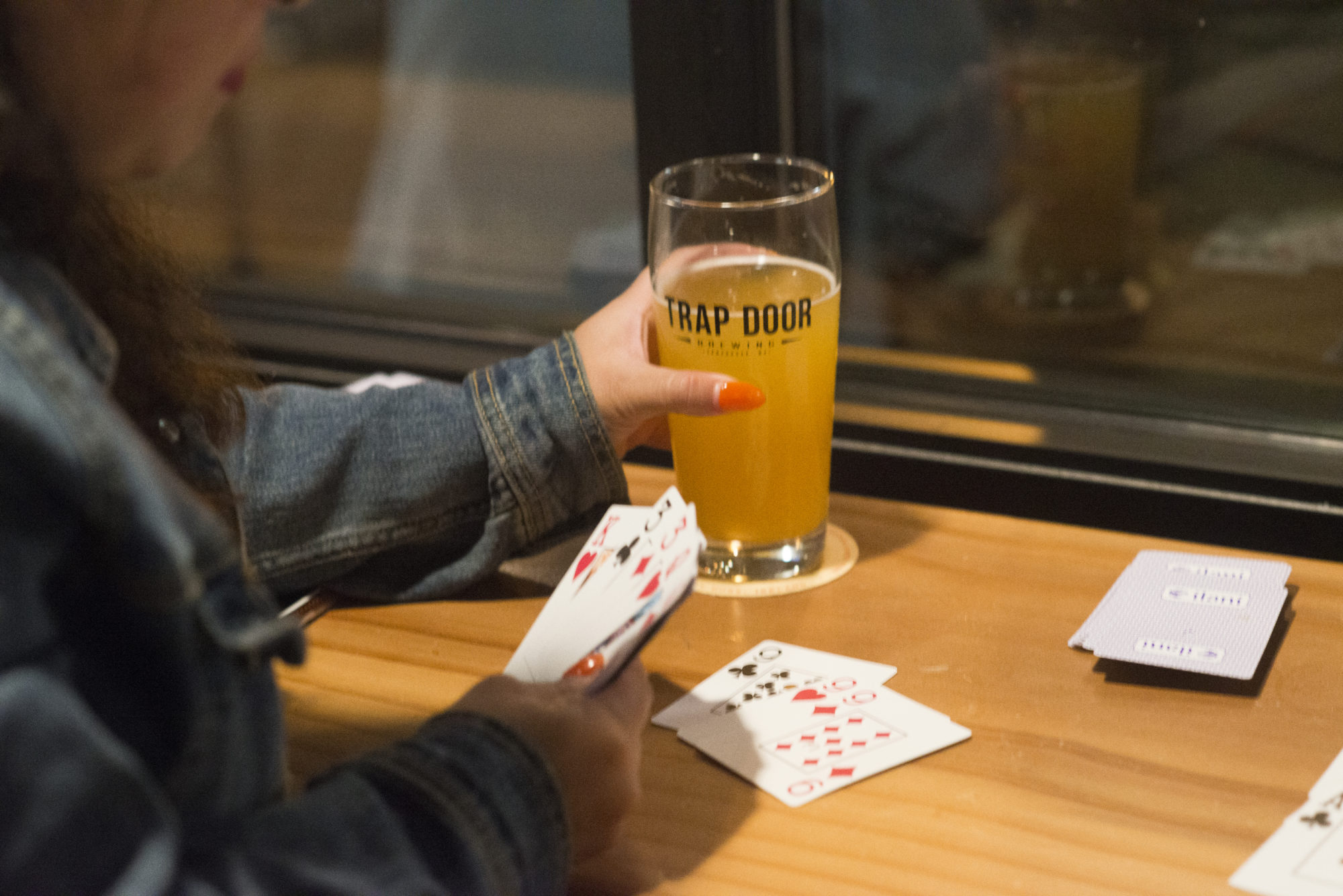
Samuel Wilson for The Columbian
Fahrendorf said she knows of a few experimental brewers who are “making beer, and then they’re extracting the alcohol and putting in TBD and THC,” the intoxicants in marijuana.
The idea of a drinkable, foamy high isn’t far-fetched anymore. With the sale of recreational marijuana legalized in eight U.S. states and the recent national legalization across Canada, the market is there. It’s a matter of innovation, Bader said. Sodas, teas and cocktails infused with the drug already exist.
“It’s going to come pretty quickly, certainly in the state of Washington and on the West Coast,” said Steve Bader, owner of home brewing equipment store Bader Beer and Wine Supply.
Of course, not every new trend needs to be a wild reinvention of the wheel. More modestly, local beer experts are forecasting a return to more balanced beers — a break from the bitter hops craze that took off with the launch of the microbrewery industry, when small beer brands were looking for the best way to set themselves apart from a Bud Light.
The philosophy of “the hoppier, the better” is on the decline. Malt reigns.
Enlarge
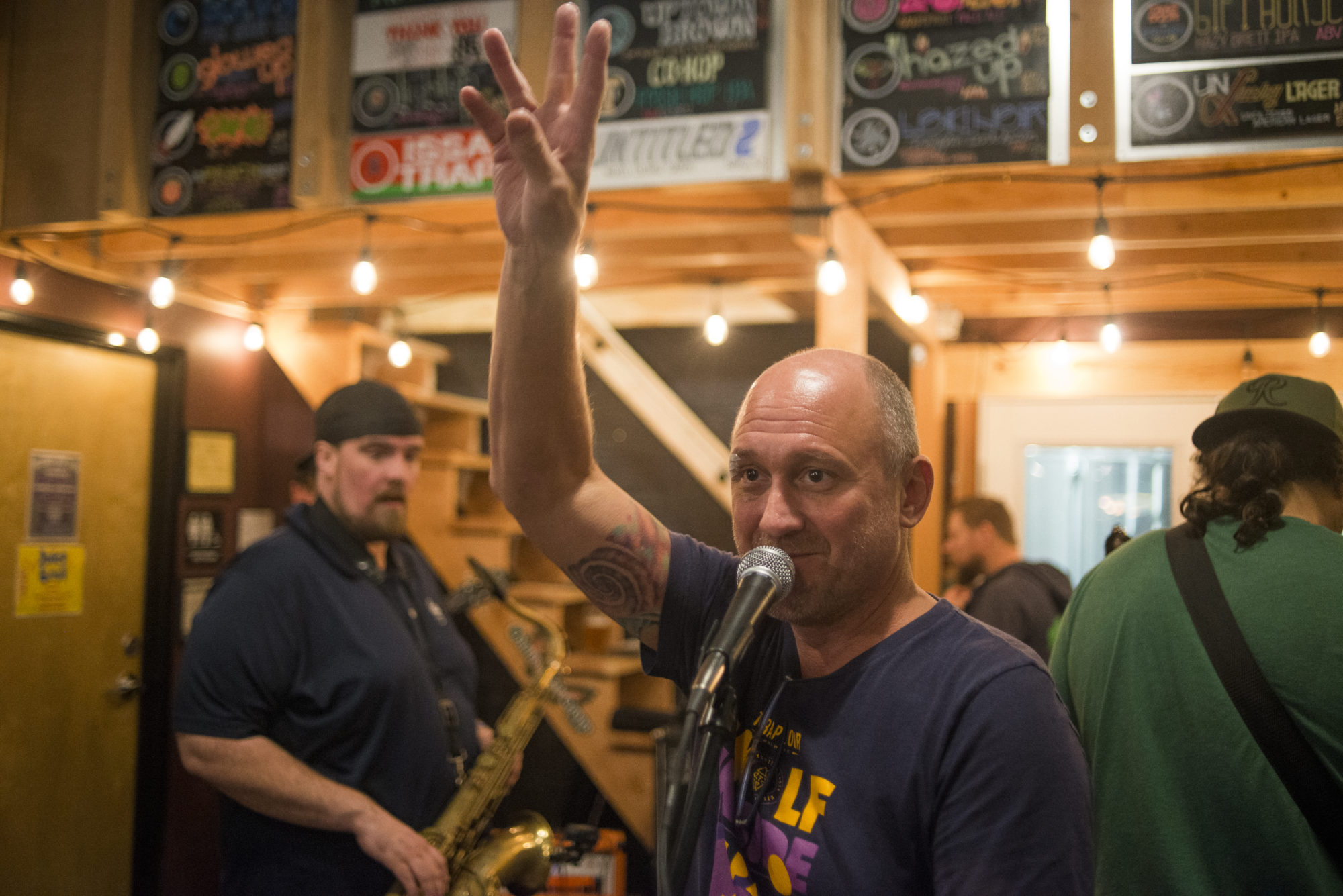
Samuel Wilson for The Columbian
“I think there’s going to be a trend toward more balanced beers,” said Andrew Gibb, plant manager of Great Western Malting. “If you look at the dawn of craft beer, they used hops to distinguish themselves from big brands, and I hope it is now about time for malt to distinguish itself.”
According to Bader, that shift is partially a result of more and more trademarked hops across the industry. Smaller brewers — stymied by patented products and processes — have been forced into being creative with their beers, finding non-hop related trends to set themselves apart.
Nuñez thinks it’s just a matter of taste. Customers are moving away from bitter.
“I’ve seen customers’ palettes change, and you’ve got to kind of change with that,” Nuñez said.
A few other trends are dominant, or on the horizon. Hazy IPAs — murky, thick, flavorful — are very of-the-moment. And the brut IPA, a dry, fizzy beer modeled after champagne, is coming, he predicts.
Shull has a blunter prediction, or maybe it’s partly a wish: quality over buzz.
“I think the next beer trend is going to be the end of trends,” he said.
Enlarge
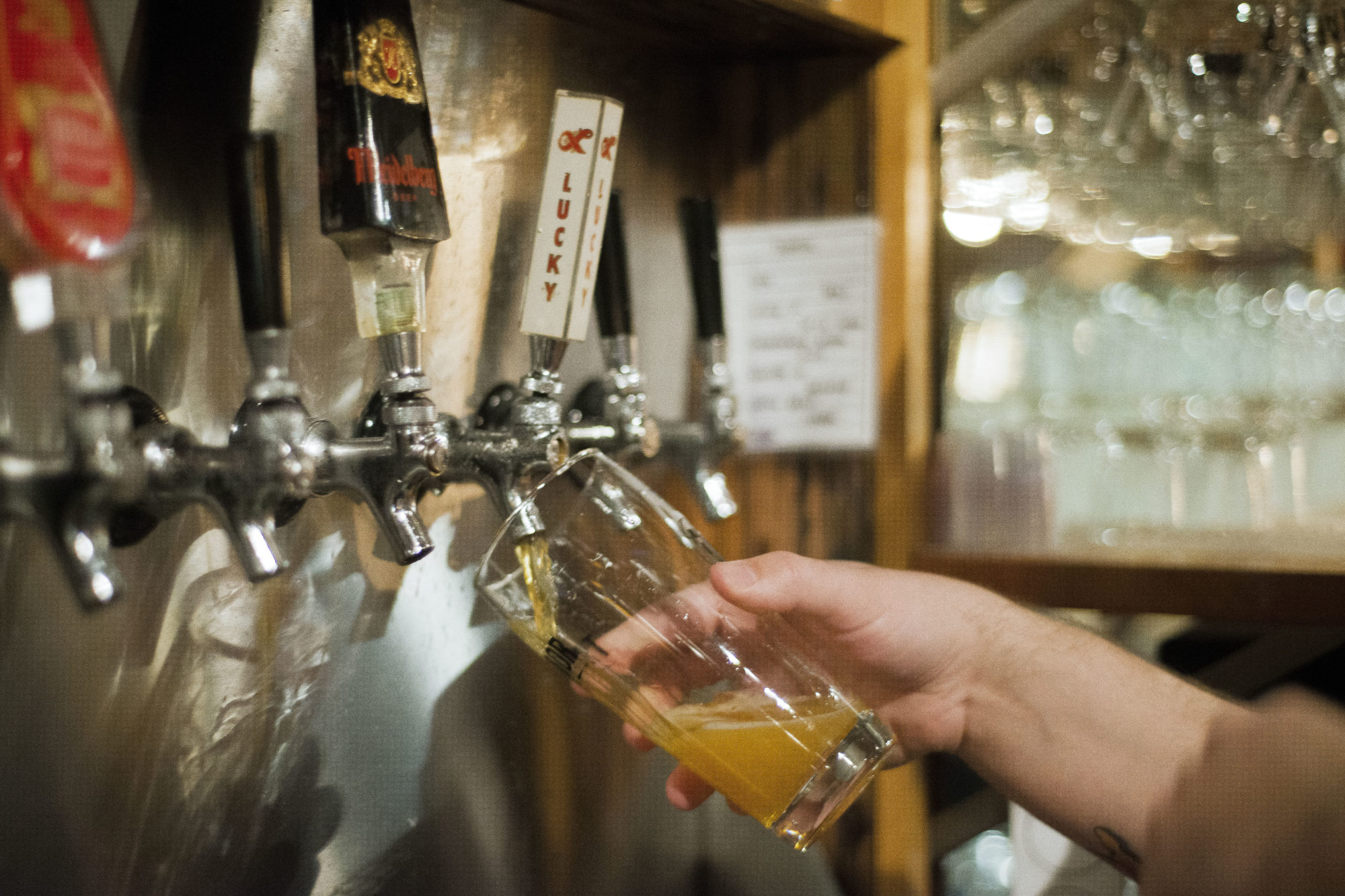
Samuel Wilson for The Columbian